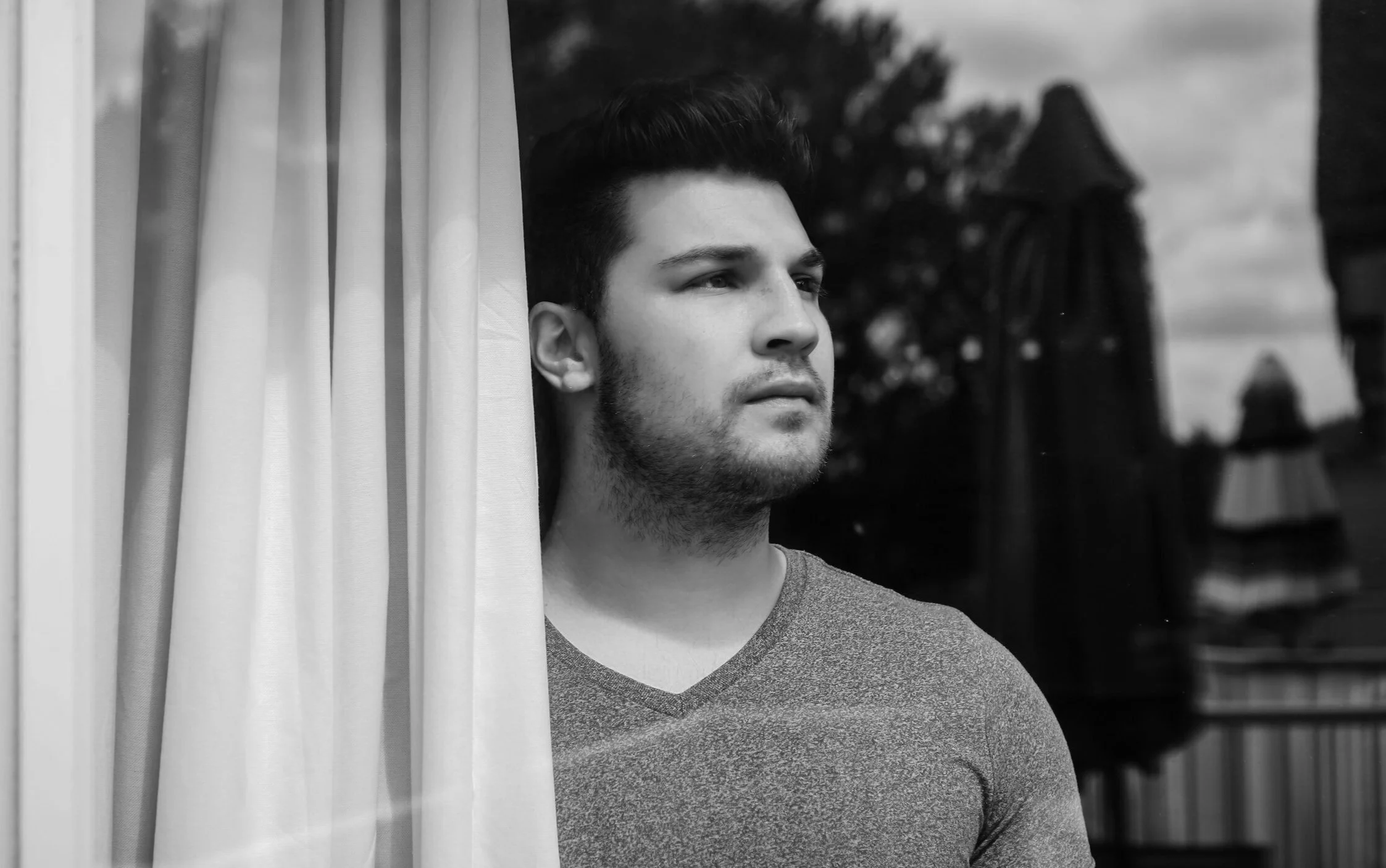Should a man see a male counselor?
I know that you know this - but - let’s go ahead and name it right up front:
The internet is full of 💩 advice.
As a counselor in Winston-Salem, North Carolina who works with men, I have seen the click-bait articles online:
5 Reasons Why Men Prefer Male Counselors
7 Signs A Male Counselor May Be Best For You
This One Weird Reason Men Should See Male Counselors
Okay…I haven’t seen that last one…but I really wouldn’t be surprised if it was out there.
If you are someone who identifies as male and are seeking a counselor, or, know someone who is male-identifying and seeking a counselor, I want to share with you what the actual scientific research says about male clients and the gender of the therapist they should see.
It’s super nerdy (and hidden behind a paywall), but here is the research article I’m getting my information for this post from - a study done asking over 2,000 men about their experiences in therapy and the gender of their therapist. This isn’t just more ChatGPT generated generic advice - this is what actual peer-reviewed research has to say about whether men should see male or female therapists.
Do Men Prefer Male or Female Counselors?
You may have some ideas about what gender of therapists men tend to prefer - but - the statistics show that most men are actually open to either:
About 60% of men don’t have any preference of the gender of their therapist.
About 20% would prefer to see a male therapist.
About 20% would prefer to see a female therapist.
But when it comes down to it - what really matters isn’t what “most men” tend to prefer…it’s what you would prefer as an individual.
Men are much more satisfied in therapy when they see a therapist of the gender they prefer.
If, when you are honest with yourself, you would prefer to see a female therapist - you should absolutely see a female therapist. If, when you look inside yourself, you think you would just prefer to work with a male, you should absolutely see a male therapist. The research shows that when men are placed with a therapist of a different gender than they would prefer - either male or female - they experience two things:
Men feel emasculated in therapy.
Men feel less satisfied with therapy overall.
On Feeling Emasculated in Therapy
Feeling like you’re less of a man is just a really shitty experience. When it happens in a therapist's office, it can be doubly painful.
Because of the stigma placed on men receiving mental health counseling in our society, there are beliefs that men often carry inside of them that leave them nervous and slightly emasculated with the idea of going to therapy at all. I often have men say things to me like:
I just shouldn’t even have to be seeing a therapist a all.
If I was a real man I wouldn’t even need counseling.
I’m just not strong enough - that’s why I need counseling.
The truth is, however, that we are all social creatures and we all need support from one another.
We may pretend to be like the Simon and Garfunkel song says - “I am a rock, I am an island”. But in reality, we are made for human connection, and we need human connection in our lives to thrive.
It’s not a sign of weakness to be seeing a therapist. A therapist can provide a valuable human connection in your world, and we also bring our years of training and skills and experience to that relationship. That being said - the stigma of seeing a therapist sometimes feels even worse if you’re sitting across from a particular gender of therapist.
For some men it’s uncomfortable, and really does make you feel like less of a man, to share what’s going on inside of you with a male therapist. For other men, it feels emasculating to share what’s going on in your life with a female therapist. Both male and female therapists are absolutely able to help men in therapy, so it really comes down to what feels right to you.
There’s no right or wrong way to feel - but it is important to be honest with yourself about if you have a preference about who you would feel comfortable opening up to.
On men feeling less satisfied in therapy if they see a therapist of a different gender than they prefer.
Research shows when men see a therapist of a different gender than they would prefer - their overall satisfaction of therapy decreases.
Again, both men and women are effective counselors…but it’s all about helping you, as a unique individual, get a good therapy match for you personally.
I have had experiences where I’ve seen male clients who tell me that they would prefer female therapists, but that a female therapist actually suggested they see a male counselor instead. In all of those experiences, the two of us really struggled to form a solid relationship to help the client move forward in their work.
Is part of it my own lack of skills or ability? If I was a ‘better’ therapist would the two of us connect on a deeper level no matter what? Yeah maybe those could be true. But I also think - if there isn’t a good reason to put yourself in that situation - you’re setting yourself up for success by seeing the therapist of the gender you prefer.
5 Questions to Help You Determine If You Would Prefer a Male or Female Therapist
Once again for the people in the back:
Both male and female counselors are equally capable of working with men. However, statistically you are likely to feel more satisfied with therapy if you see a therapist of the gender you prefer.
In a study involving over 2,000 responses from men who sought therapy, responses came down to 3 different reasons why a man would prefer a male or female therapist. Here are those reasons in order of decreasing importance according to men:
Wo/men are more empathetic/comforting so I feel more comfortable opening up.
Wo/men understand me better/are easier to relate to.
I feel less judged (by either a woman or man).
Here are those 3 reason, broken out into 5 Questions to ask yourself:
Do I feel a male or female therapist would be more empathetic/comforting?
Do I feel I would be more comfortable opening up to a male or female therapist?
Do I feel a male or female therapist would understand me better?
Do I feel a male or female therapist would be easier to relate to?
Do I feel a male or female would be less judgmental of me?
As you answer these questions, hopefully this will give you a little more clarity around whether you individually could benefit from seeing one gender of therapist over another. I also think these are really great questions to ask about a potential therapist in general.
As you’re reading therapist profiles online, checking out therapist websites (and reading their blog articles), or even during the first couple therapy sessions, you might try checking in with yourself and ask those same questions about the particular therapist you’re thinking about developing a relationship with:
Do I experience this therapist as empathetic/comforting?
Do I feel comfortable opening up to this particular therapist?
Do I feel like this therapist understands me?
Do I relate to this therapist?
Do I feel accepted by this therapist
If you find yourself saying ‘yes’ to all of these questions - that’s a really great sign.
Disclaimer: This is general advice. Like all self-help information, it is not personal and tailored to fit for all people and situations. This content should not be taken as a substitute for individual mental health or relationship support.
GUEST BLOGGER
Are you a man dominated by anger, criticism, or anxiety? Do your relationships suffer because of them? Do you secretly hate yourself and think there's something wrong with you? I've been there. I get it. I help men find peace with themselves and with others.
Travis Jeffords | LCMHCA, MDiv
Get more essential mental health advice tailor made just for men at Travis’ website, www.travisjeffords.com






